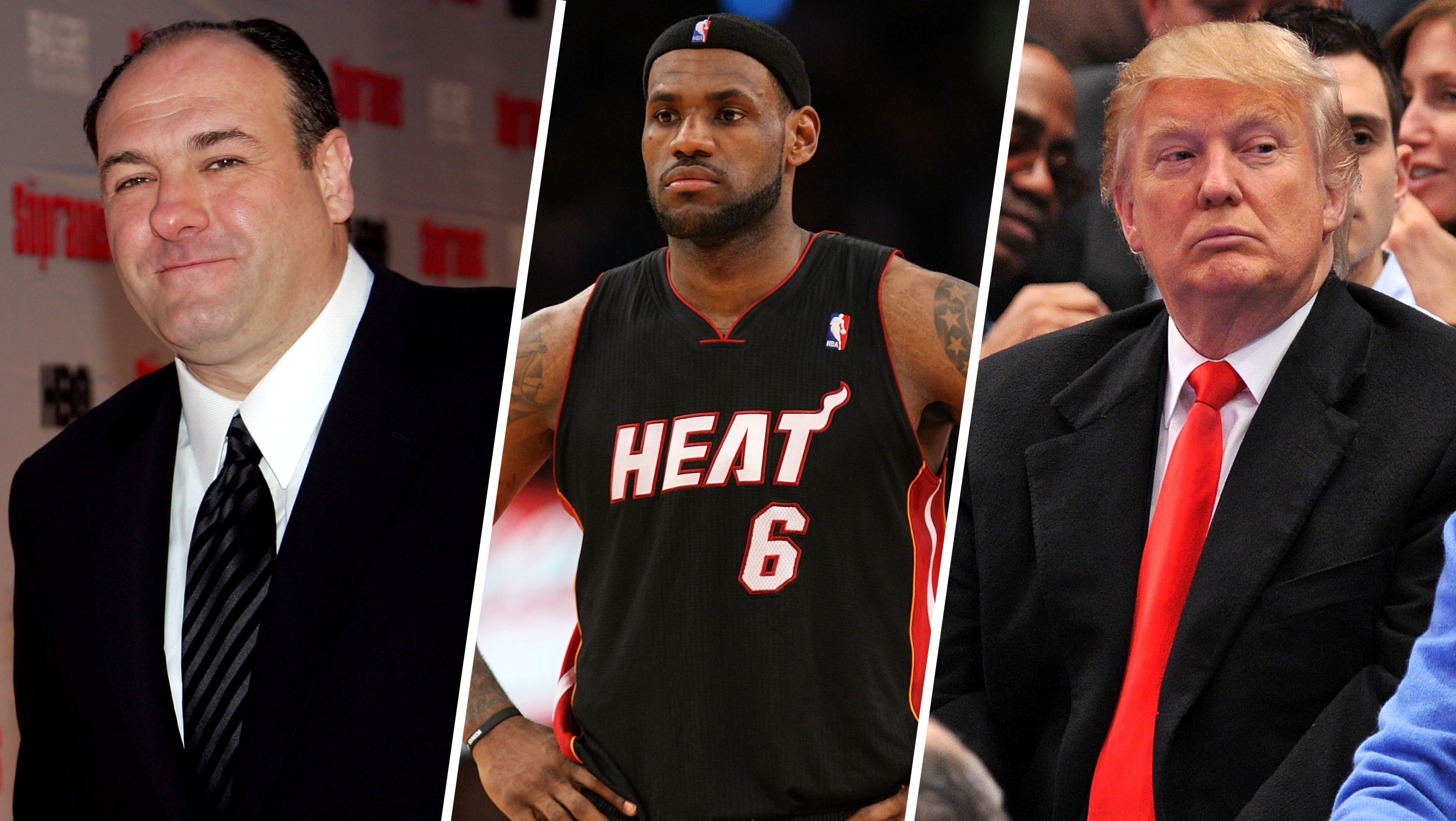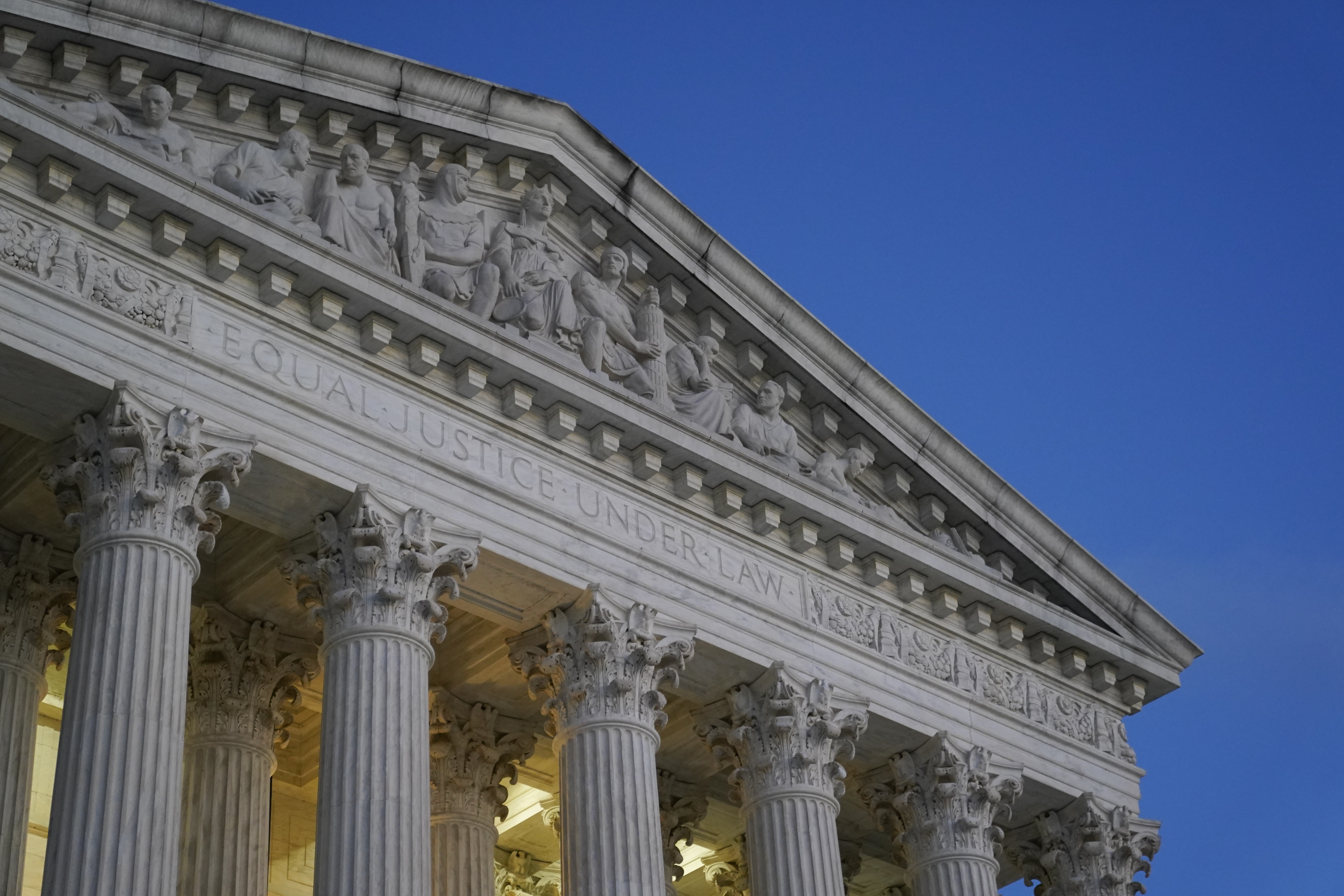Massachusetts Gov. Charlie Baker rolled out a $42.7 billion state budget Wednesday, accompanied by a plan to overhaul the state's 25-year-old education funding formula that critics contend shortchanges many students with special needs and those from low-income, minority or immigrant families.
The Republican's proposed budget for the fiscal year that begins July 1 calls for a 1.5 percent increase over what Massachusetts is projected to spend in the current fiscal year. It would not raise any broad-based state taxes, but does propose a new tax on pharmaceutical companies that sell opioid medications and a previously announced hike in the real estate transfer tax to pay for a climate change initiative.
The centerpiece of Baker's plan, however, are his proposed changes to what's known as the Foundation Budget, a 25-year-old formula meant to assure that public schools have adequate money to serve the educational needs of all children.
The budget would boost the state's share of education funding by $262 million in the next fiscal year. The proposed revamp of the formula would increase spending by $1.1 billion by the middle of the next decade, according to administration officials.
James Peyser, the state's education secretary, declared the state could meet the additional commitments without having to raise taxes.
Efforts to revise the foundation formula have been dragging on, unresolved, since 2015 when a special commission determined that public schools were between $1 billion and $2 billion short of the funding they needed and that students from poorer, urban school districts were bearing the brunt of the shortfall.
The commission recommended that more funding be directed toward students from low-income areas, and for those needing special education services or who are learning the English language. The panel also called for adjustments to reflect the rising cost of providing health insurance for school employees.
U.S. & World
Under Baker's bill, all school districts regardless of relative weal would receive at least a $20 per pupil increase in overall state funding. There would additionally be a $13.6 million for districts with large numbers of English language learners; a $12.8 million hike for districts with the highest percentages of low-income students, and $30.6 million more for health care.
"While this increased investment is incredibly important, how we spend it is equally important to ensure we are using strategies and providing programs that accelerate learning for all students and close achievement gaps," said Peyser, in a statement.
On Jan. 9, a group of Democratic lawmakers led by Sen. Sonia Chang-Diaz, of Boston, joined mayors, school officials and other advocates in filing a bill they dubbed the PROMISE act, which also calls for addressing the key issues raised in the 2015 study.
Baker's budget and the separate bill to revamp the education formula now go to the Democratic-controlled Legislature for what is expected to be several months of review.
The tax on opioid manufacturers is estimated to bring in $14 million in the next fiscal year, and is part of $266 million included in the budget for substance abuse prevention and treatment. More than a dozen other states have considered a similar tax on pharmaceutical companies, but so far only New York has enacted one.
The governor's spending plan also assumes $35 million in revenue from sports betting in Massachusetts, which still must be authorized by lawmakers. It also estimates the state will take in $133 million in marijuana taxes during the first full year of legal cannabis sales.



